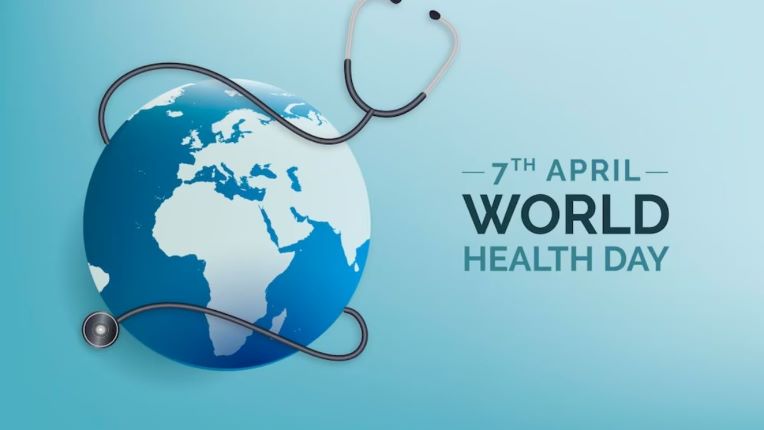Access to good health is fundamental right, not a privilege, say healthcare experts

Team L&M
On the occasion of World Health Day (April 7), we spoke to a couple of healthcare experts about their views on importance of this day. And this is what they have to say:
Vaibhav Tiwari, Co-Founder and CEO, Portea Medical
Access to good health is a fundamental right and not a privilege. It is also important from the perspective of human dignity and societal progress. Over time, the concept of access to healthcare has also transitioned – from institutional and traditional care to beyond. Today, newer avenues such as home healthcare and telemedicine are revolutionising accessibility and quality of care. These innovations are not just breaking down inherent barriers but also ensuring that individuals get medical care anywhere they are regardless of their location or circumstances
The need of the hour is to ensure that these advancements reach everyone equitably. It is imperative to address disparities through collective effort and investment in healthcare infrastructure, education, and policy reform. On this World Health Day, we must reaffirm our commitment to promoting health as a universal right and advocate for policies that prioritize accessibility, equity, and quality in healthcare delivery. This will help build a future where everyone can claim their right to good health.
Dr Ishan Shivanand, Mental Health Researcher and Founder of Yoga of Immortals
Mental health should not be a privilege, but a fundamental human right. We live in a world where mental health remains one of the least regulated and most exploited fields. That makes it imperative to prioritize the accessibility and affordability of mental health interventions – so that we as a community can thrive, even in environments of stress and uncertainty.
Evidence-based, non-pharmaceutical meditative practices are critical to fostering holistic well-being. By embracing ancient yogic interventions aligned with the Indian Knowledge Systems, we not only build individual but also societal resilience and quality of life. Economic growth could be further accelerated with an improved happiness index, reduced healthcare burdens, and elevated collective consciousness.
Integrative healthcare is essential for a preventive and promotive approach to well-being – mental health is every individual’s birthright.
Uma Devi Chigurupati, Executive Director, Granules India Limited
World Health Day is a timely reminder that health is not just a personal concern, but a global imperative. This day is an opportunity to reaffirm our commitment to advancing healthcare globally. We understand that good health is more than a privilege, it is a fundamental right, and as such, we are deeply committed to assisting communities in need. As a pharma industry leader, Granules India’s commitment to better health outcomes is by making medicines more affordable and accessible. We believe that true progress in healthcare stems from collaboration, innovation, sustainable practices, and a genuine desire to improve people’s lives. Hence, we actively participate in initiatives that promote community well-being at both local and global levels.
Nilesh Aggarwal, CEO, IJCP group and Founder, Medtalks
My Health, My Right underscores the fundamental right to quality healthcare for all individuals. Delivering patient-centric healthcare also requires healthcare professionals, particularly doctors, to continually update their knowledge and skills through continued medical education (CME). By engaging in ongoing learning endeavors, doctors can enhance their understanding of evolving medical advancements and tailor their practices to meet the diverse needs of their patients. Today, AI-driven platforms are facilitating targeted education and learning experiences, enabling doctors to delve deeper into specialized areas of interest and acquire pertinent knowledge with greater efficiency. AI algorithms analyze vast datasets to personalise learning pathways, thereby optimising the educational journey and fostering deeper engagement with the subject matter. By embracing AI-enabled CME initiatives, doctors not only augment their clinical acumen but also cultivate a deeper appreciation for patient-centric care. Through continuous learning, healthcare professionals can navigate complex medical scenarios with confidence, ultimately elevating the standard of care and promoting the realisation of health as a fundamental human right.

